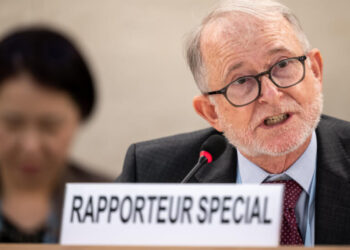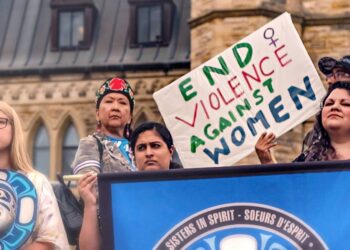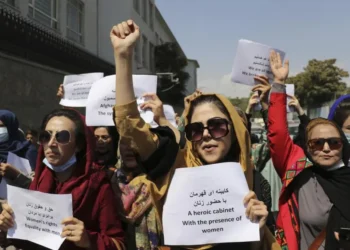Human Lives Human Rights: As a part of the Crown Prince Mohammad bin Salman’s strategy to achieve Vision 2030, large-scale demolitiona and evictions are taking place, which impact half a million people in over 60 neighborhoods in the coastal city of Jeddah, violating international human rights standards.
Saudi Arabia’s Crown Prince launched the Jeddah Central Project in December 2021, a SR75 billion (approximately USD 20 billion) to develop 5.7 million square meters of land.
The first demolitions in relation to this project started in October 2021 followed by another round in January 2022, when videos of the destruction began surfacing on social media.
A review of Jeddah Municipality document, with a timeline of development plans dating back to 2019, shows that the demolitions affect more than 558,000 residents. The demolitions began in October 2021 and have continued intermittently since then.
The Saudi Gazette announced on 31 January 2022 a compensation scheme for citizens excluding foreign nationals who make up 47% of those evicted. According to the authorities, the value of compensation will only be appraised after the demolition of buildings.
The Saudi authorities are building this project at any cost to the people living in the area. Not only did they callously kick residents out of their homes without giving them adequate time or compensation to find an alternative home, but they also discriminated against hundreds of thousands of foreign nationals by excluding them from the compensation scheme.
The satellite images show at least 20 neighborhoods across Jeddah were demolished between October 2021 and May 2022, and 13 videos that showed the destruction of buildings in multiple neighborhoods.
According to a public official document reviewed by Amnesty International, residents were given a notice period ranging between 24 hours in one neighborhood and between one and six weeks in others. In other neighborhoods, schedules for evictions and demolitions were posted on billboards or through state-aligned media.
In line with the UN Basic Principles and Guidelines on Development-Based Evictions and Displacement, the authorities must offer compensation and resettlement to all those affected without discrimination, ensuring that no one is left homeless as a result of an eviction, including citizens and non-citizens, those with or without ownership documents, and tenants.
In addition, they must involve all affected individuals, provide appropriate notice, release information in advance and provide all affected residents reasonable time to publicly review or object to the proposed plan, including plans to protect vulnerable groups.
According to one community activist: “Entire communities are being destroyed. What will happen to those most vulnerable? Both documented and undocumented migrants cannot afford alternative housing in higher cost areas. Those who are undocumented are smeared as criminals. There is no empathy for them.”
Residents are afraid to speak out to demand their rights. One resident said he feared he would face the same fate as Abdul Raheem al-Huwaiti, who was killed by security forces in April 2020 after leading the community organizing against land acquisitions related to NEOM, a megacity project being built in Tabuk province in the north-west of Saudi Arabia.
Many people using pseudonyms have taken to Twitter to protest the destruction of their neighborhoods and homes, as well as the difficulties they face in finding affordable alternative housing.
They are also protesting the high cost of living and housing for those evicted, the delay in compensation, and the increased prices of rent and home relocation services in Jeddah.


















